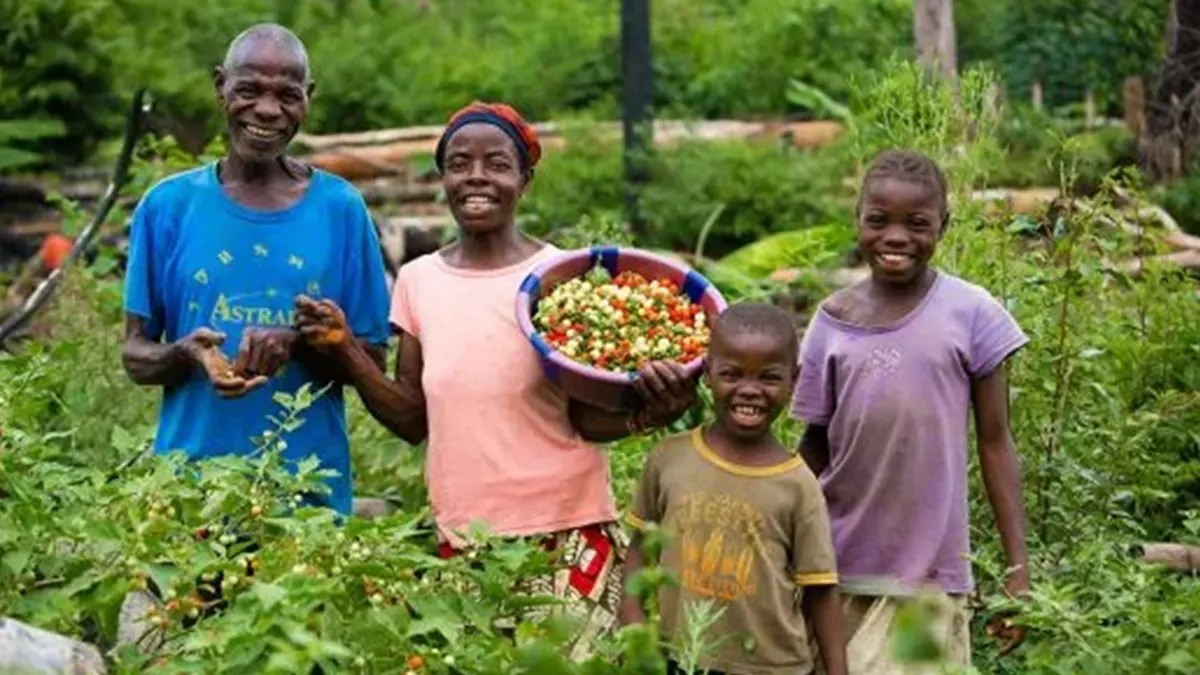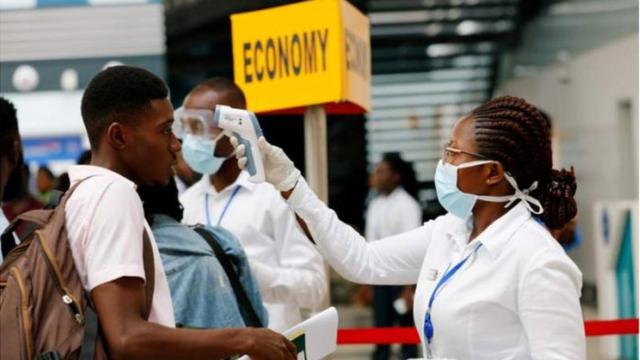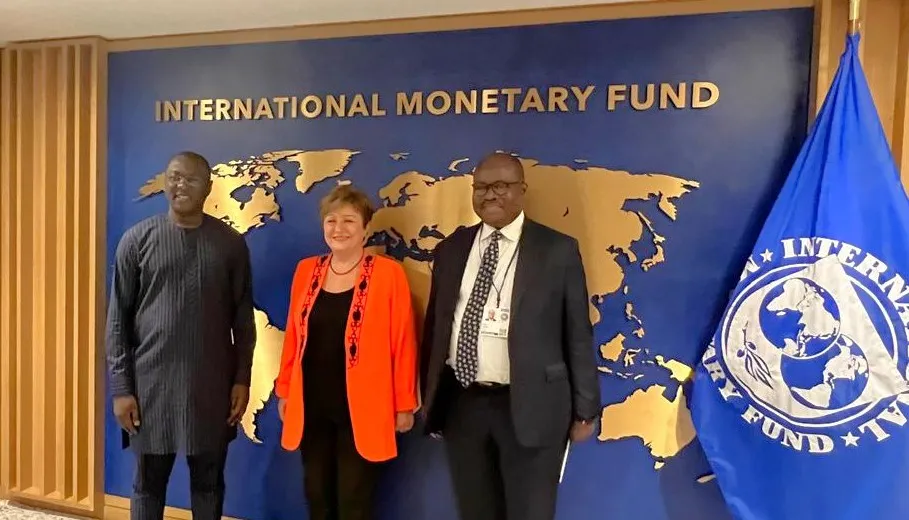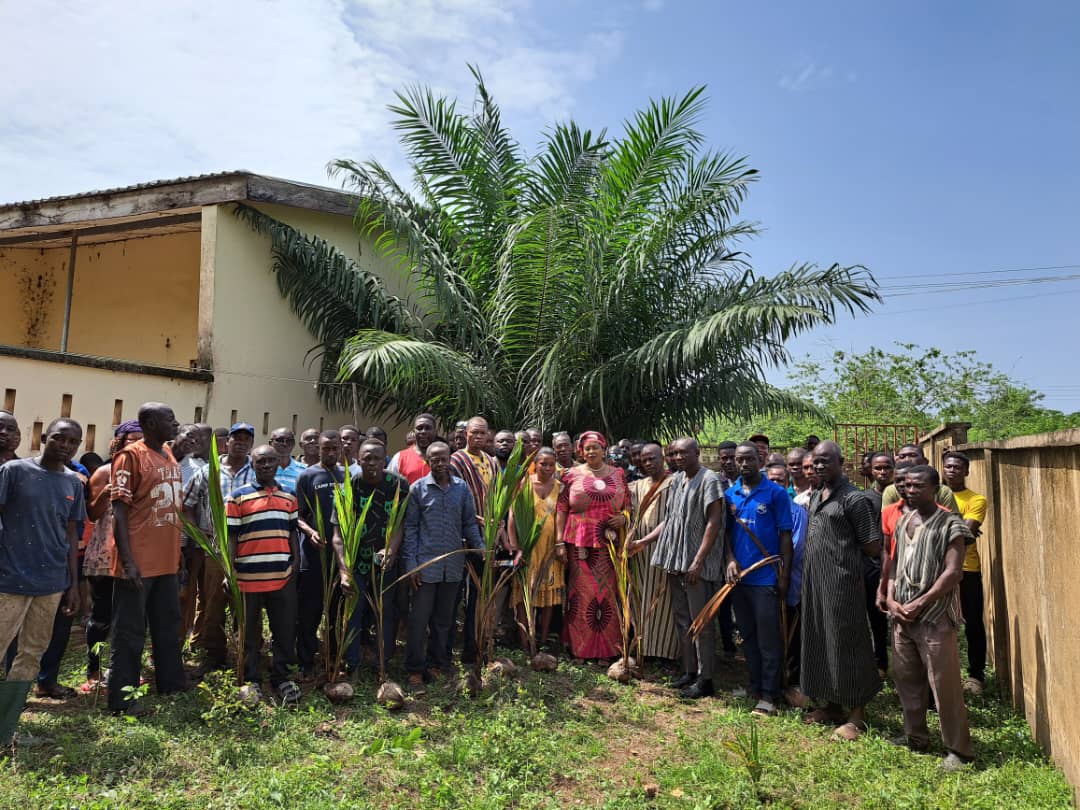Extreme hunger and malnutrition persist as formidable barriers to sustainable development, ensnaring individuals in a cycle that proves challenging to break. The repercussions include diminished productivity, heightened susceptibility to diseases, and limited opportunities for economic improvement.
Since 2015, a concerning surge in global hunger and food insecurity has unfolded, exacerbated by a confluence of factors such as the COVID-19 pandemic, conflicts, climate change, and a lack of adherence to intelligent agricultural and sustainable agronomic practices.
According to the United Nations (UN), approximately 735 million people, equivalent to 9.2% of the world's population, found themselves in a state of chronic hunger by 2022—a stark escalation compared to 2019.
This dire situation poses a growing crisis, especially for developing nations like Ghana, which has traditionally relied significantly on food imports to sustain its expanding population.
In response to the escalating challenge of hunger and food insecurity, Ghana designates December 1 as a day of recognition for farmers and fishers, demonstrating its commitment to combat food insecurity through various policies and programs.
In 2023, the Ministry of Food and Agriculture (MoFA) is celebrating the 39th National Farmers' Day under the theme: “Delivering Smart Solutions for Sustainable Food Security and Resilience.” This event underscores the government's steadfast commitment to investing in the agricultural sector—a critical avenue for reducing hunger and poverty, enhancing food security, creating employment, and building resilience against disasters and shocks.
Dr. Bryan Acheampong, Ghana's Minister of Food and Agriculture, emphasizes the urgency of identifying and implementing smart solutions to enhance the food system's resilience and ensure sustainable food security. The country currently grapples with challenges like low agricultural output, limited market access, and the impact of climate change—a narrative the government is determined to reverse.
This year's Farmers' Day Celebration introduces the second phase of the Planting for Food and Agriculture (PfJ) initiative, a transformative policy building on earlier efforts. The PfJ Phase Two aims to address specific challenges identified after an extensive review of the initial phase.
Key components of this phase include the ‘Youth in Agriculture Programme,' designed to empower and support young individuals in engaging in commercial crop farming. The initiative focuses on promoting commercial farming, igniting passion among the youth, and creating sustainable employment opportunities.
Beneficiary youth farmers, expected to reach 200,000, will undergo training on modern farm management practices. They will each receive 10 acres of land developed for farming, guidance from experienced aggregators, input credits, and a monthly stipend for the first production cycle. The project also plans to construct low-cost affordable single-room farm housing facilities and other support infrastructure within the enclaves.
The Youth in Agriculture Programme anticipates making significant contributions to food and nutrition security, inflation reduction, GDP growth, and the creation of sustainable employment opportunities for the youth in agriculture.
The National Farmers' Day Celebration is not just about awards; it is a celebration of the entire agriculture and fishing community, showcasing innovative techniques and sustainable practices. The five-day National Agricultural Festival, ‘Agrifest Ghana 2023,' preceded the Farmers' Day Celebration.
This year's awards include categories like Overall National Best Farmer, National Best Livestock Farmer, National Best Female Farmer, and National Best Cocoa Farmer, among others.
The National Farmers' Day, instituted in 1985, highlights the vital role farmers and fishers play in the Ghanaian economy. Beyond the awards, it symbolizes a celebration of the entire agriculture and fishing community, recognizing their contributions to national development.
The Food and Agriculture Organization (FAO) estimates that agriculture contributes to about 54% of Ghana's GDP and accounts for over 40% of export earnings, providing over 90% of the country's food needs.
The agricultural sector not only absorbs a significant labour force but also supplies raw materials for industrial growth and development. Without a doubt, Ghana's economic foundation rests on the shoulders of its farmers and fishers, emphasizing the crucial role they play in the nation's prosperity.








